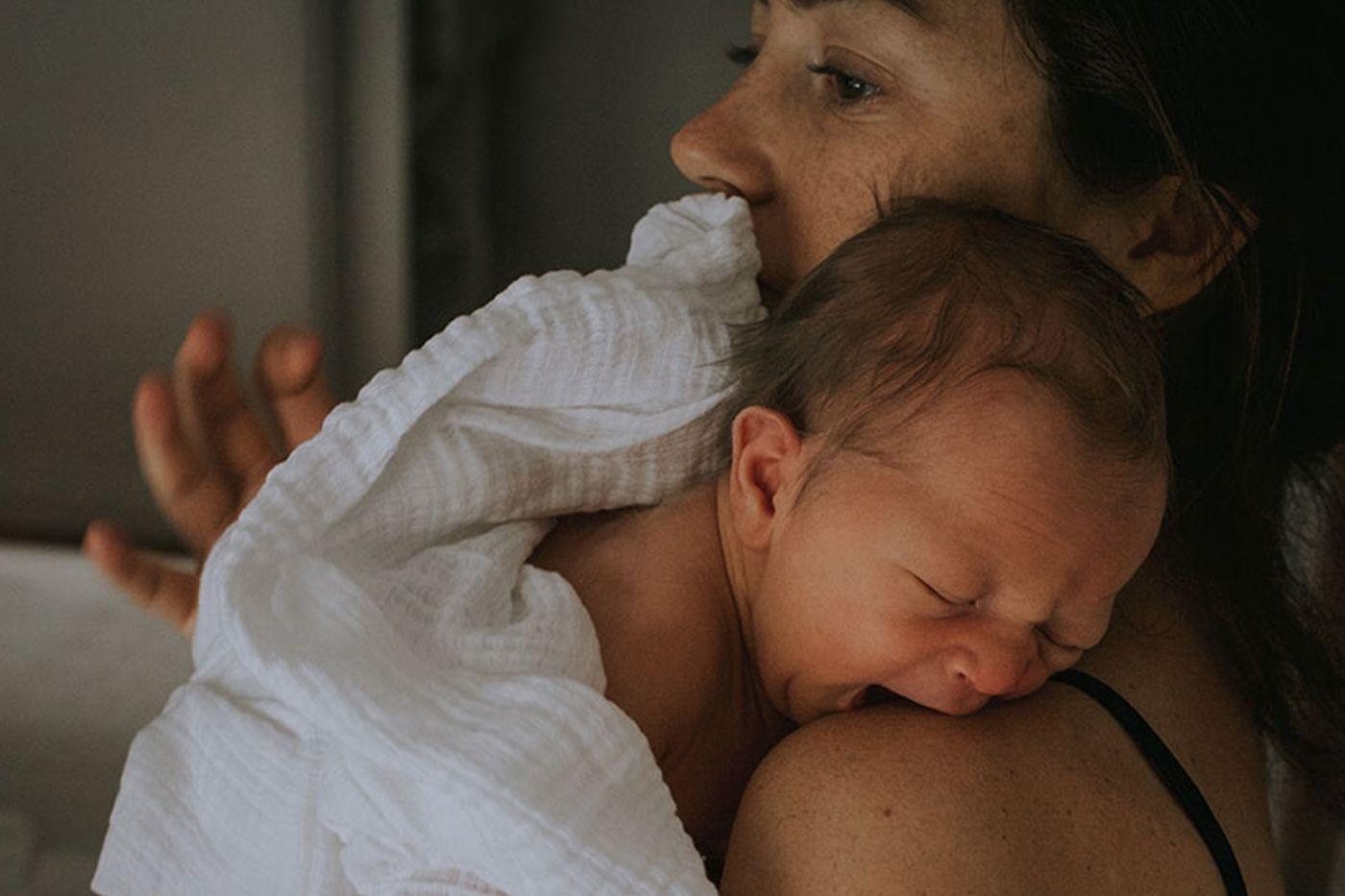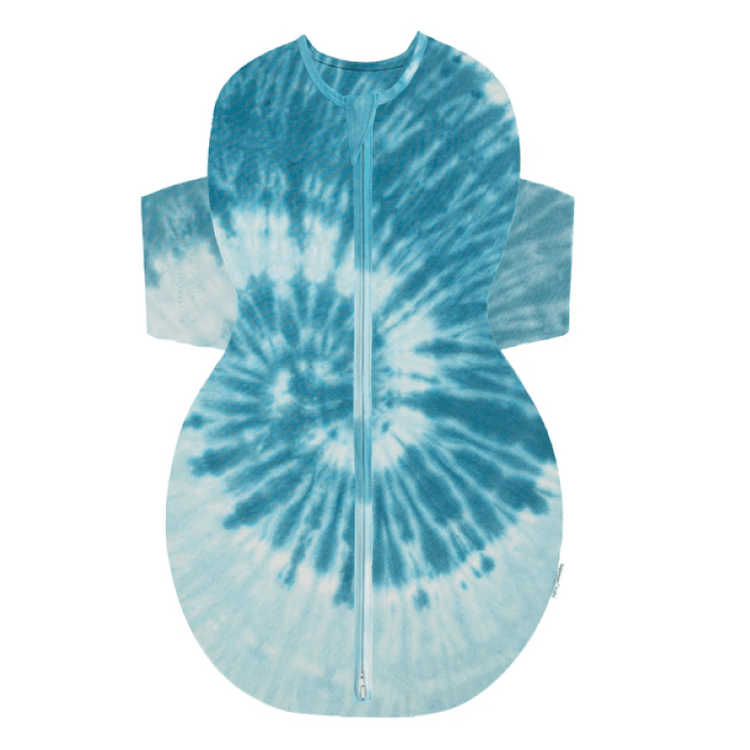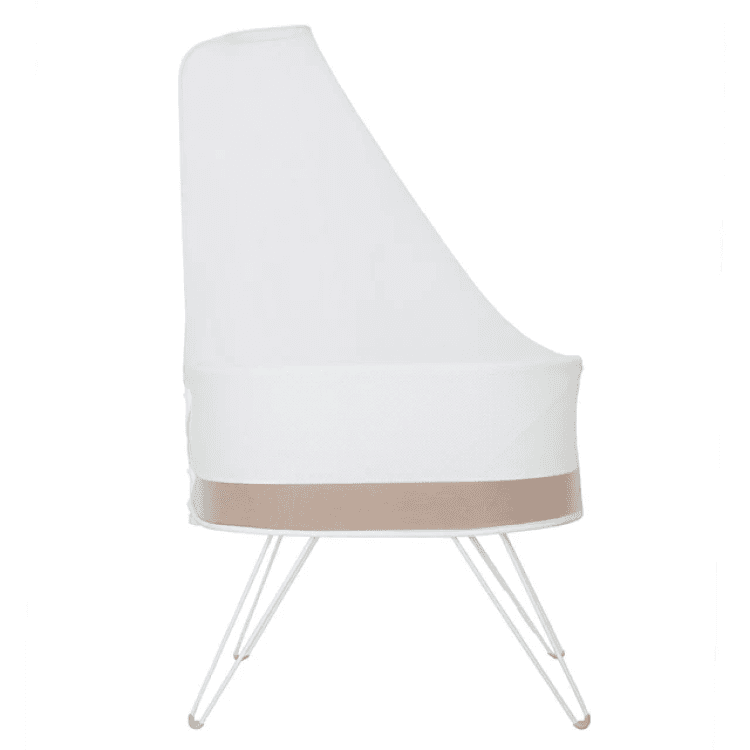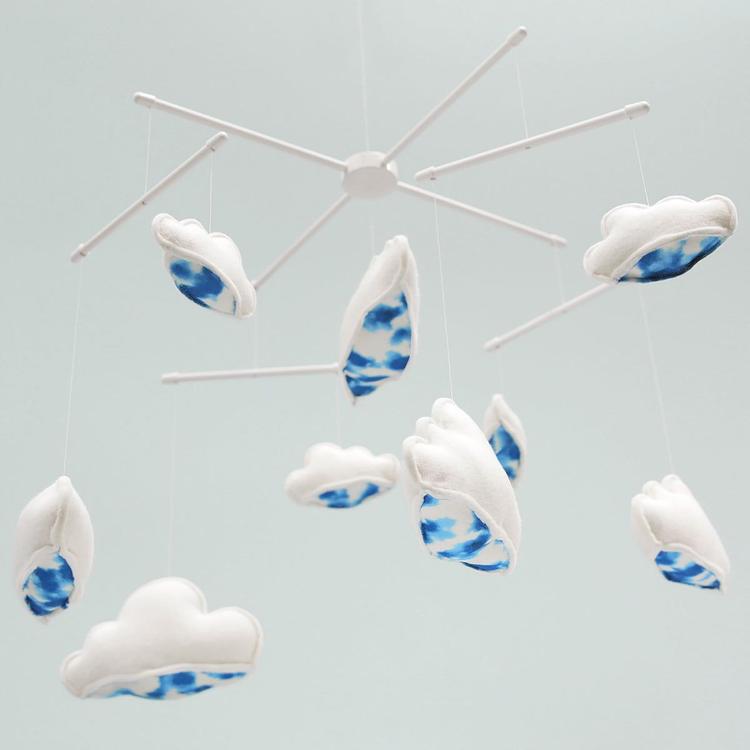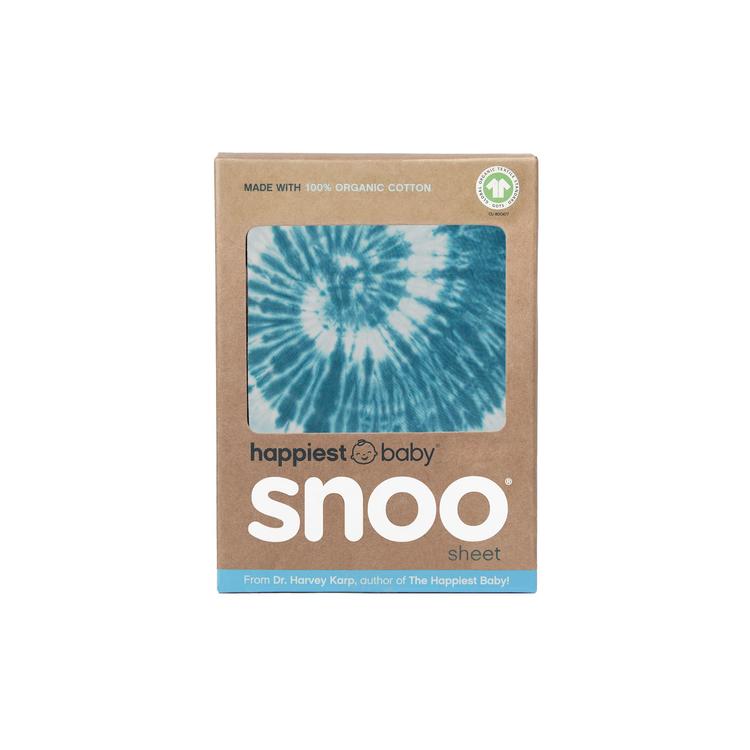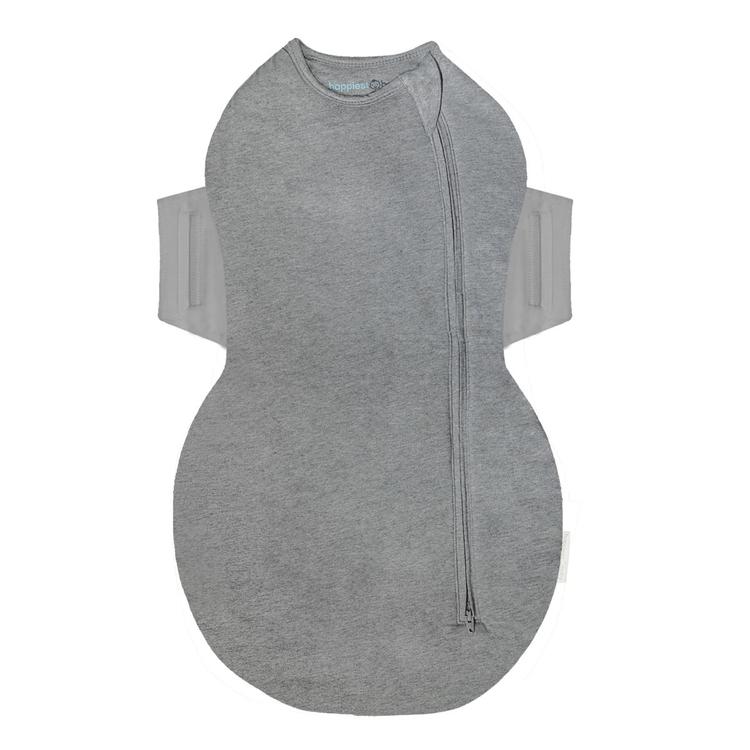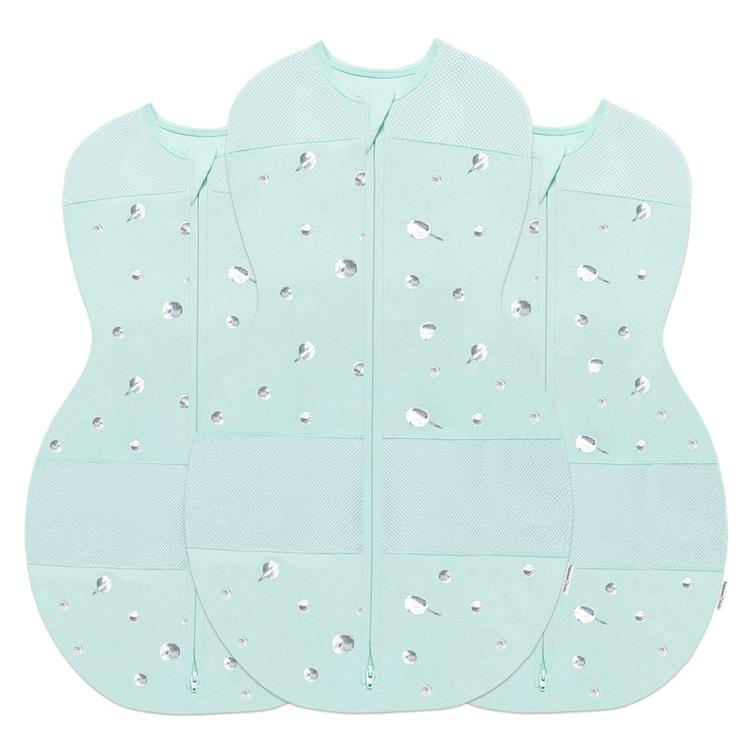PREGNANCY
What is Postpartum Depression?
When you think of depression, you usually think of sadness and crying…but it can look different for everyone.

Written by
Dr. Harvey Karp

Studies show that 1 in 7 new moms develop postpartum depression (PPD). It can start soon after birth or come on months later. And, 50% of dads whose partners get PPD experience depression as well. That makes PPD a national epidemic!
Postpartum Depression Symptoms
When you think of depression, you usually think of sadness and crying…but postpartum depression is different in many ways. The common symptoms are anxiety, fear, and intrusive thoughts. You may constantly check on your baby worried that something happened and feel like you can’t help your baby or might even be a harm to your baby.
Baby Blues vs Postpartum Depression
Most often, new parents get a mild case of the “baby blues,” but sometimes they become deeply depressed—and in rare cases can develop psychosis. As a sleep-deprived parent, hearing your baby’s crying shrieks may trigger a flood of painful memories, like being teased or yelled at. It’s common for past feelings of embarrassment and anger to resurface during this stressful time. If you are feeling overwhelmed and think you might be depressed, don’t hesitate to call your doctor.
What Causes Postpartum Depression?
While some people have thought that PPD is a result of hormonal imbalances, that’s not the whole story. After all, parents of adopted children can have PPD, too—and so can dads. That means, postpartum depression can’t only be caused by hormonal shifts.
Three Big Triggers of PPD
- Baby’s persistent crying
- Parental exhaustion
- Unsupportive partners
Help Prevent Postpartum Depression
While postpartum depression isn’t entirely preventable, there are steps you can take to help protect yourself. For example, the 5 S’s for soothing babies—swaddling, shushing swinging, and sucking, and holding baby in the side-stomach position—can work on all three of these triggers. The 5 S’s calm a baby’s cries, help parents get more sleep, and can help engage an unsupportive spouse.
At the same time, reach out for help. Ask a neighbor or friend to pick up groceries or walk the dog so you have less to worry about. Consider hiring a postpartum doula. Build in time for neighborhood walks, coffee with a friend, yoga classes, reading or listening to a book…really anything that offers you a brief reprieve from the demands of parenting and a chance to mentally exhale. And, of course, if you’re still grappling with “baby blues” after two weeks, it’s time to reach out for help.
Disclaimer: The information on our site is NOT medical advice for any specific person or condition. It is only meant as general information. If you have any medical questions and concerns about your child or yourself, please contact your health provider. Breastmilk is the best source of nutrition for babies. It is important that, in preparation for and during breastfeeding, mothers eat a healthy, balanced diet. Combined breast- and bottle-feeding in the first weeks of life may reduce the supply of a mother's breastmilk and reversing the decision not to breastfeed is difficult. If you do decide to use infant formula, you should follow instructions carefully.
SHARE THIS ARTICLE
PARENT PICKS
Bestsellers




